By LIM MAY LEE
BEHIND Thai film editor Lee Chatametikool’s quiet demeanour lies nerves of steel. And it’s no surprise either, considering his most famous work is the 2004 Thai horror movie, Shutter.
Editing horror movies don’t really faze him, he said.
“As the editor, it’s not that scary working on horror movies,” he said. “You know the exact second the ghost will appear anyway, and it’s usually the music that really gets to you. There’s no music yet in the editing process.”
Even then, he admits he does feel the heebie-jeebies working on horror projects late at night.
“When it’s all dark, it does get a little bit scary,” said Lee, who won Best Editor at the 2010 Asian Film Awards for his work on Malaysian film Karaoke.
“But that’s a good thing! If you can create something that scares you as the editor, it’s going to scare the heck out of the audience.”
Lee was in Malaysia last week for a film conference at the University of Nottingham Malaysia. It wasn’t his first time working with young Malaysian filmmakers either – he was a mentor at the Next New Wave workshop last year.
Besides big-budget films, Lee has also made a name for himself working on award-winning indie films like Uncle Boonmee Who Can Recall His Past Lives, which in 2010 became the first Thai art film to win the prestigious Palme d’Or at Cannes Film Festival.
Lee began his editing career about 17 years ago, but his passion for film began years earlier.
He started writing short stories and what he describes as “silly poetry” as a teenager, but that’s where he discovered a love for telling stories. As the years went on, that love never changed, but his preferred medium did.
It was a natural transition, he said, going from telling stories through words to a visual medium; and once he started with film, he never looked back.
His jump into editing, however, was a happy accident.
“While in film school, I made a mistake in the exposure, and had to restructure the film myself in the editing room. It was a turning point for me – creating a script from the images I had collected during shooting.”
That experience inspired him to make editing his career.
“What I like about editing is that it’s like solving a puzzle,” he said. “You have a certain amount of footage; you have a map – that’s the script – and now you have to bring these two aspects together to make a film.
Editor-turned-director
Film editing isn’t the only thing Lee is good at.
In 2013, he proved his versatility in the film industry when he released his directorial debut, Concrete Clouds.
Despite the general assumption that being an editor would make his transition into directing easier, Lee said that was not the case.
“People would say ‘oh, you’ll have such an easy time because editors are naturally suited to be directors!’ I would just nod and smile, but inside I was saying ‘really??’” he said with a laugh.
While editors do have an advantage as they know what shots go together, it doesn’t translate to what directors have to do on a daily basis, he added.
So instead of using these “advantages”, he decided to block out all his thoughts as an editor until editing began in post-production.
“It was a good process for me, because it meant that when I sat down to edit, I didn’t have preconceived notions of how the scene was going to be cut,” he said. “This gave me the chance to rediscover the footage.”
His method obviously worked. Concrete Clouds received award nominations at international film festivals in Germany and Taiwan, and scooped up three awards at the Thailand National Film Association Awards, including Best Picture and Best Director.
But try as he did, it was impossible to completely shut out the editor in him.
“I think editors tend to shoot too much footage. We want as many options as possible. I think I shot too much footage. My crew complained a little bit,” he said with a wry smile.
Mentoring Malaysians
Lee comes across as a natural teacher, explaining concepts and film jargon in ways that even strangers to film and production can understand.
It’s no surprise, then, that he was selected as the editing mentor for last year’s Next New Wave film workshop, organised by local film director Tan Chui Mui.
“Next New Wave is a great project. I’m actually jealous that we don’t have someone like Tan to conduct workshops like this for young Thai filmmakers,” he said.
The week-long workshop had classes focusing on six production disciplines, including directing and editing, and participants had to produce their own short films by the end of the workshop.
“I like the format of the programme. It’s a good exercise to make films and not spend too long on them,” he said.
“Filmmaking requires instinct, which comes through repeated practice. Without that instinct, you will always second-guess yourself.”
He still keeps in touch with one of his mentees, who is currently working in the local film industry.
“It’s great, you know? You first meet them at one point in their lives, and now a year later, you can see how far they’ve progressed,” he said.
“The big change is that they’ve become a lot more confident. A lot of people have a passion and desire to make films, but they don’t always have the confidence to do it.”
Lee credits Tan with trying to build an environment that nurtures new filmmakers and tries to show them the path to making their own films.
“It’s not so much the technical skills,” he said. “I find that young filmmakers now don’t want to take risks, so they fall back on something more reliable like television work.
“Workshops like Next New Wave can help give young filmmakers the courage they need to go out and make their own films, instead if making it for somebody else.”
When it comes to learning something new, practice makes perfect. It’s particularly true for film editors like Lee, who have to learn to create meaning out of a jumble of footage.
“You need a lot of experience to know what happens when you put one shot with another one. So to practise, download some random footage in your free time and edit it into some sort of sequence, just to see what kind of meaning you can create out of it.”
The result would be totally worth it, he said.
“The job of an editor is to bridge the imagination of the script and the reality of the footage you have. If you do a good job with the footage, you’ll create a film that will live on in the minds of the audience.”
Find out how you can apply for the 2016 Next New Wave filmmaking workshop at facebook.com/nextnewwave. Deadline for applications is Aug 7.

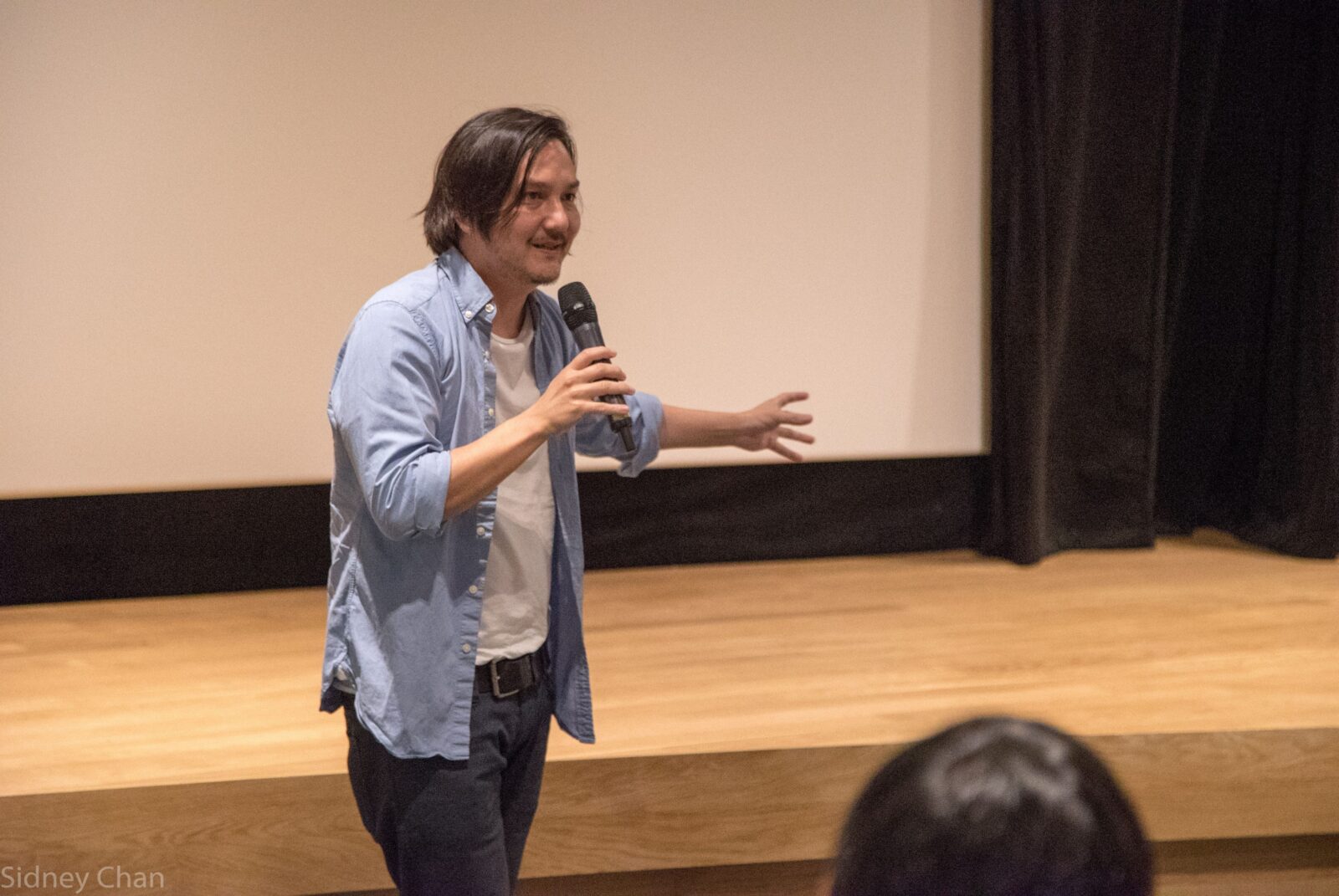
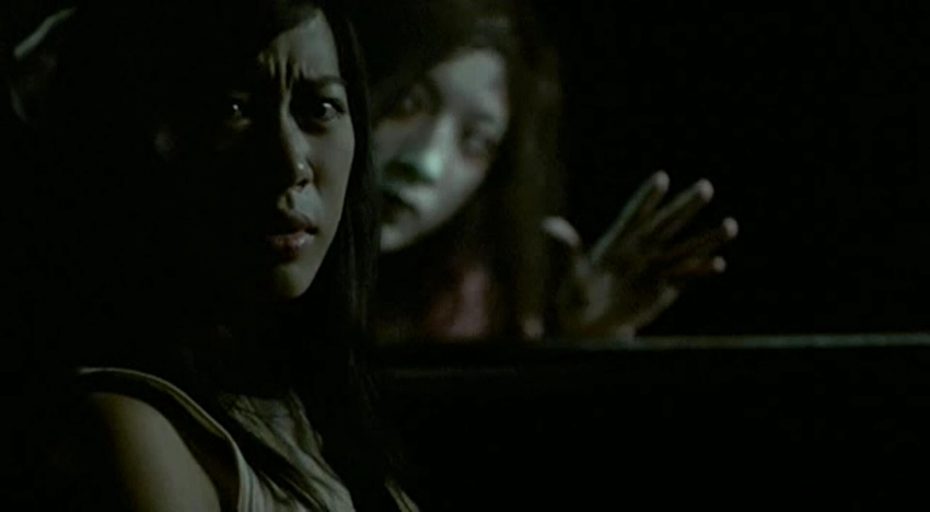
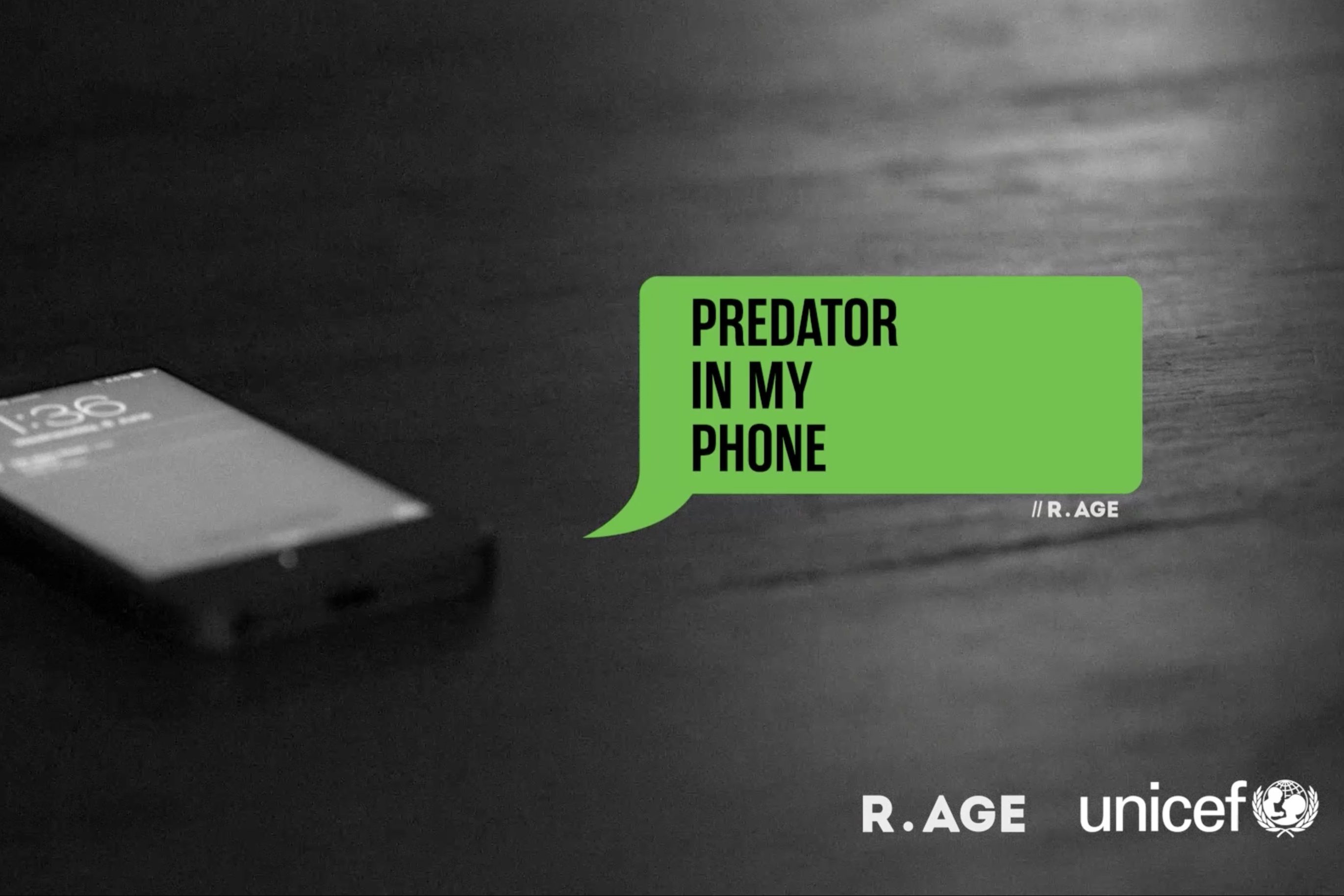
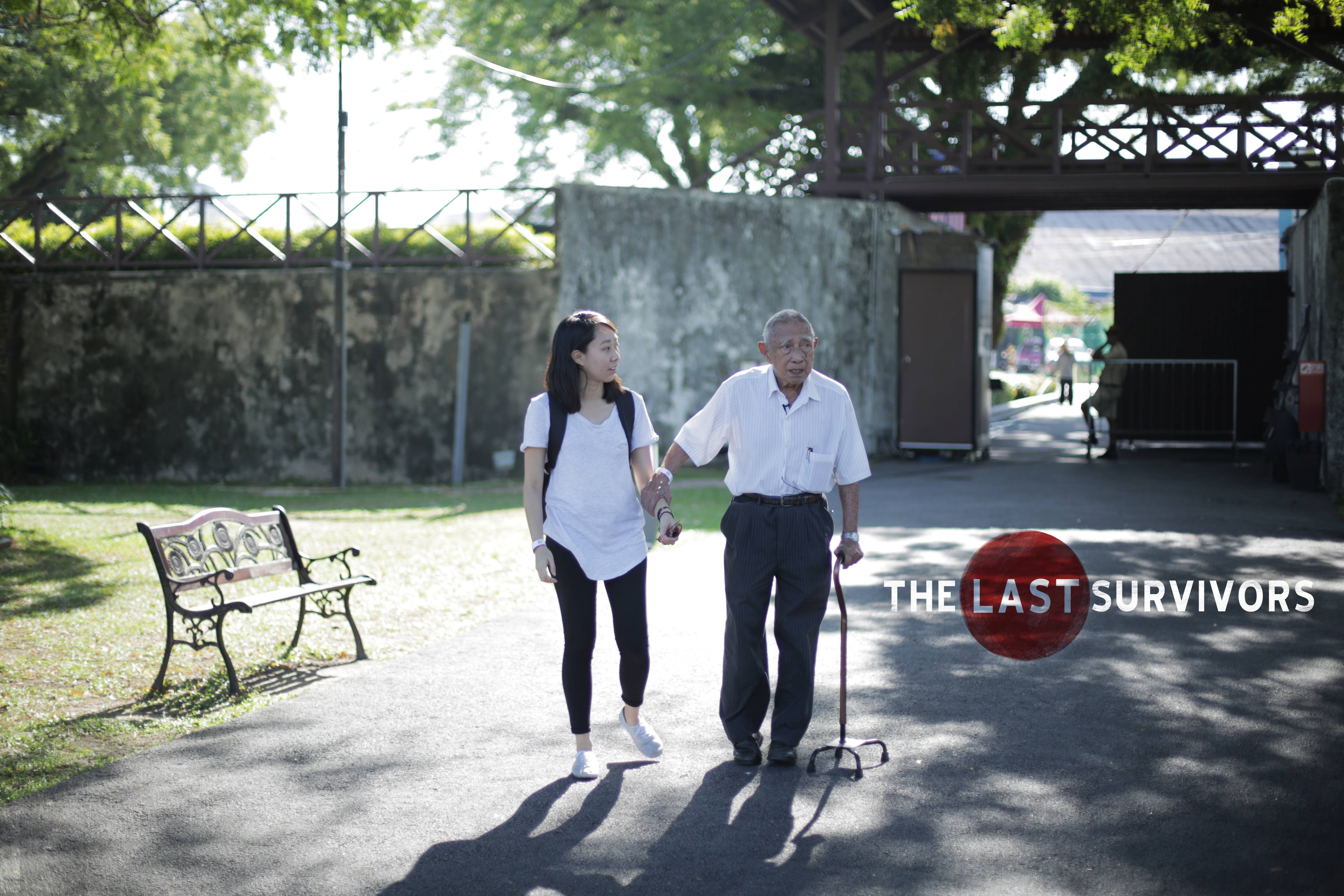
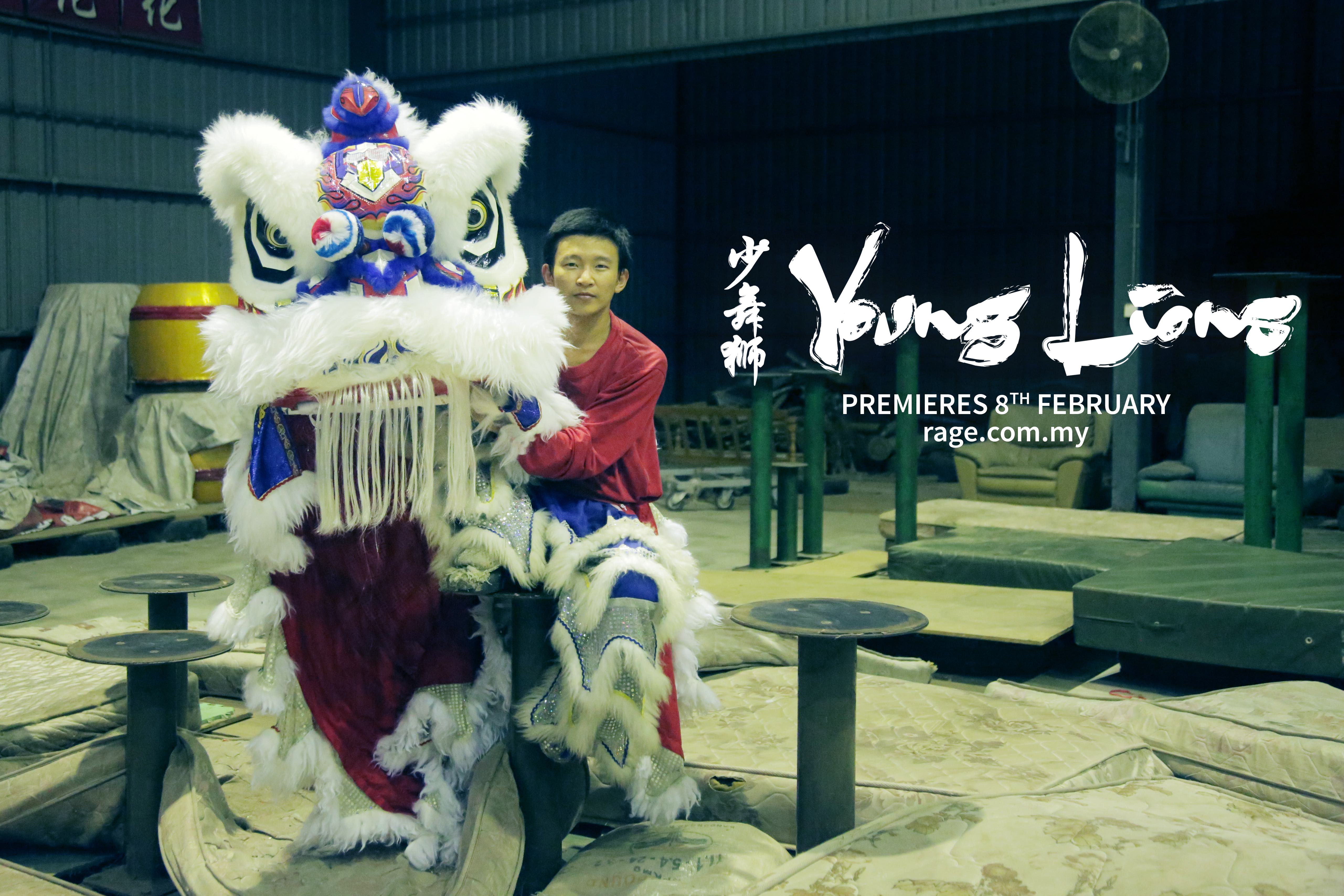
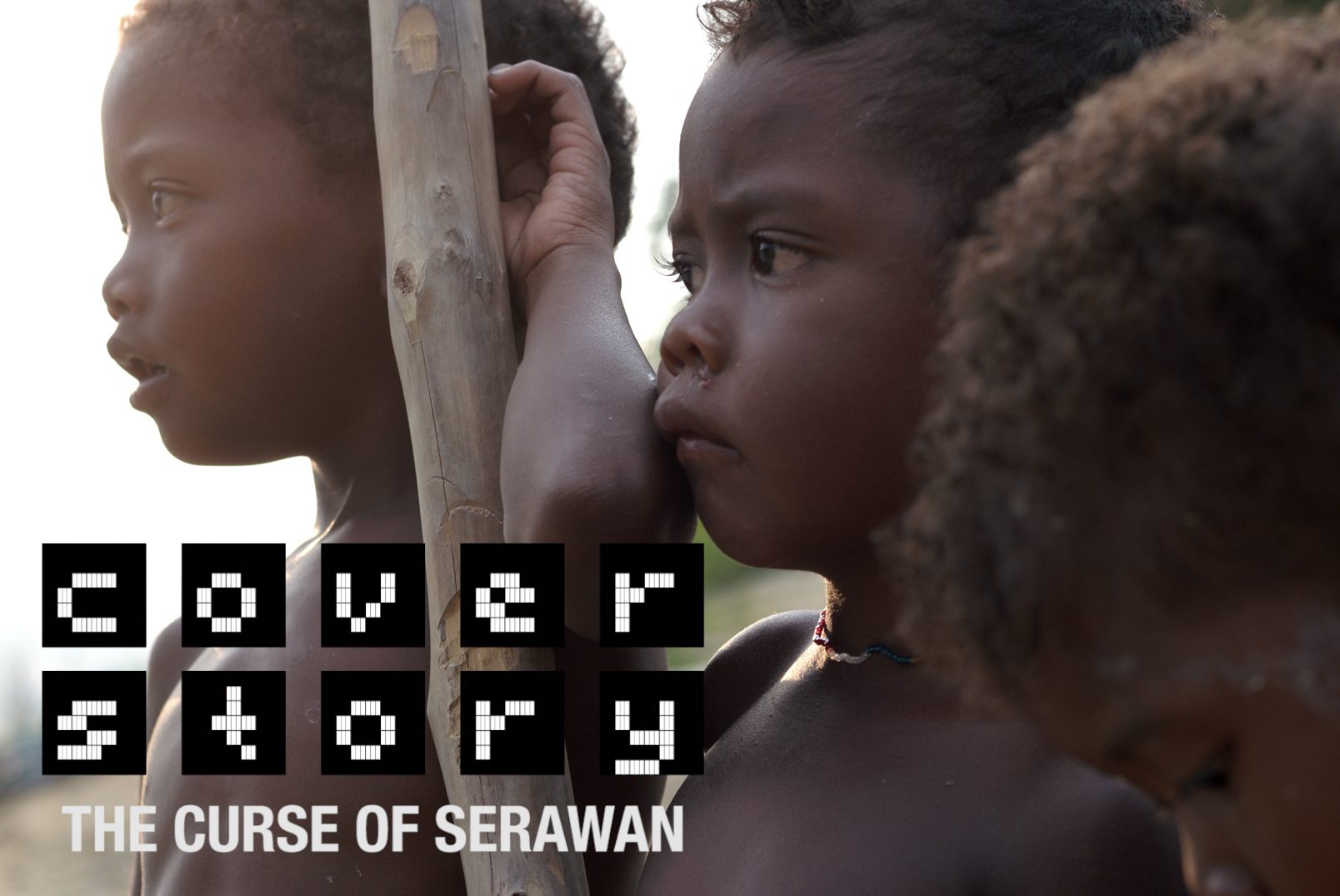
Leave a reply